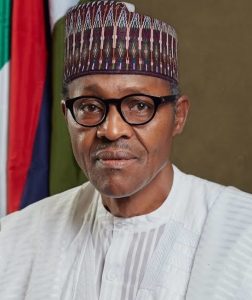
By Habibat Aliu
Against the backdrop of the recent restrictive measures of the Central Bank of Nigeria (CBN), Stransact, Nigeria’s correspondent firm for the sixth largest international accounting firm, RSM, has cautioned against excessive regulation of the volume of cash holding.
General Partner, Stransact, Eben Joels, said excessive currency regulation could stifle the growth of the economy.
He urged the apex bank to lower transaction costs and remove regulatory bottlenecks.
“We have a largely rural population where Internet penetration and cashless banking are still relatively low. We also have a high prevalence of illiteracy. These factors make these tight policies on cash withdrawals and cash deposits a needless stranglehold at this time,” he said.
He said currency control could trigger an economic crisis if not properly managed.
He urged Nigeria to learn from India and avoid making its mistakes.
Joels noted: “Currency regulations itself cannot take the place of policing and checking widespread insecurity. Government should address the massive youth unemployment. It should stimulate the growth and formalisation of small businesses and redesign policing around its federal structure.
“If people start rejecting 200 and 100 naira notes that can’t buy anything anyway and insist on bank transfer for every transaction, things are likely to become more expensive. Tampering with the free movement of the currency sends a bad signal to the market that things are not right.
“In November 2016, India declared that the country’s two highest-denomination currency notes (Rs1,000 and Rs500) would be withdrawn immediately from the market. That policy, tagged demonetisation, was aimed at curbing black money and corruption. The immediate fallout was chaotic, as the country scrambled to cope. Many people suffered; this affected the poor who had no access to credit cards or mobile wallets most.
Buttressing Joel’s comments, Partner, of Tax Services at Stransact, Victor Athe, said: “A lot of informal players may resort to holding a lot of cash. This sector currently accounts for the majority of economic activities in the country. The goal of emerging economies like Nigeria should be to drive the increased formalisation of the informal sector.”








